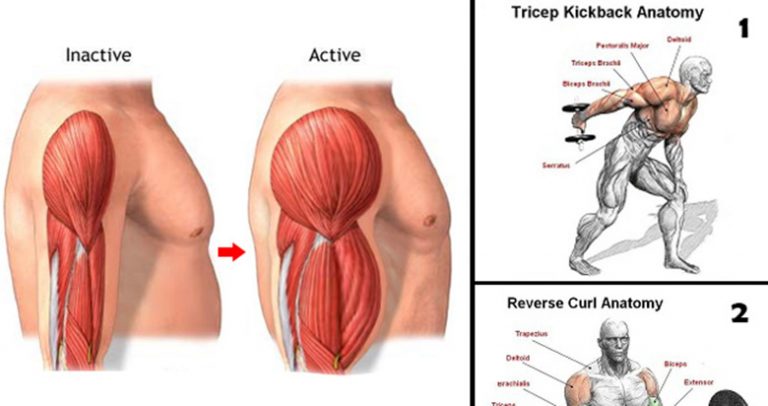Fruits are both tasty and nutritional. They are rich source of fiber, vitamins and antioxidants, which help in keeping the body in good condition. However, fruit is also a source of sugars, so many people who try to limit the carbohydrates intake opt to scratch it off fruits from their dietary list.
This negative reputation has been additionally exaggerated by highlighting that fructose can be one of the causes for increasing the risk of heart diseases and obesity. Still, we should bear in mind that many of these researches have been focused on the negative effects of high quantities of fructose found in soda drinks and remaining junk food. The natural sugars found in the food don’t have the same negative effect as the fast food and deserts with added fructose.
Still, if you want to have control on your sugars input, it’s always advisable to chose eating fruits with lowest sugar contents. By gaining this knowledge you can enjoy in all their health benefits, satisfying your macro and micro nutritional needs.
5 LOW SUGAR FRUITS YOU SHOULD ADD TO YOUR DIET:
- OLIVES (0 GRAMS OF SUGAR PER 100 GRAMS)
You might not be aware, but olives are fruits. Just as cherries and apricots, olives are part of a plant which crop is produced in the flower, in this case the olive tree flower.
These diminutive fruits are packed with antioxidants. With their ability to absorb the cell-damaging free radicals, the antioxidants are our first line of defense in the fight against different diseases. They also speed up the recovery process after an intense training.
- AVOCADO (2 GRAMS OF SUGAR PER PIECE)
As in the previous case, it might have never occurred to you that avocado is a fruit. Yet, according to its botanic classification, it is and it contains very few sugars. Although lacking in sugars, it has more than a fair share of good monounsaturated fats, satiating fiber, and wide spectrum of required vitamins and minerals.
Additionally, a number of studies have confirmed that consuming avocado in combination with other foods such as carrots and tomatoes can increase the beta-carotene absorption, improving the vitamin A count in the body. The A vitamin is essential for correct cell development, boosts the immunity and improves the sight.
- CRANBERRY (4 GRAMS OF SUGAR PER 100 GRAMS)
Cranberries should be consumed throughout the year, and not used only as a holiday treat. In addition to their low fructose contents, this fruit also abounds in antioxidants.
According to a study published by the Journal of Nutrition a daily consumption of low caloric cranberry juice with no sugar additives can be beneficial in reducing the risk of cardiovascular diseases, improving the insulin resistance, normalizing the blood pressure, balancing the triglyceride levels and preventing inflammatory processes.
The other nutritional values worth mentioning are their high contents of vitamin C and fiber.
- RASPBERRIES (5 G. SUGARS PER 123 GRAMS)
Raspberries have the lowest sugar contents compared to the other berries. That is why, if you’re accustomed to making shake, it is always a good idea to have them in your fridge fresh or frozen. They also have the highest fiber count (8 grams) among the berries, which reduces the chance of sudden drops and raises of the blood sugar levels.
Fiber doesn’t only make you feel full with less consumed calories, some recent studies also suggest that fiber improves the composition of good gut bacteria. When bad bacteria becomes dominant in the guts, they create an environment which is ideal for development of new types of diseases, potentially increasing the risk of cardiovascular diseases, type 2 diabetes, and obesity. Fiber rich diet can help the survival of good bacteria. Strawberries and blueberries also belong to the group of low sugar fruits.
- KIWI (7 G. SUGAR PER KIWI)
Although once upon a time these furry balls have been considered as exotic and hard to get, today this fruit is widely available. In addition to its low sugar content, it is also rich with the all-important vitamin C, which can literally save your life, so don’t waste any time in introducing it to your diet. An American Journal of Clinical Nutrition study has proven that the high intake of vitamin C derived from fruits can reduce the risk of coronary impediments and prolong life.
It is also recommendable to consume low sugar fruits before sleep. According to an Asia Pacific Journal of Clinical Nutrition study, the consumption of two kiwis before going to bed can improve your sleep. This is very important, having in mind that after-training recovery takes place while we sleep.






